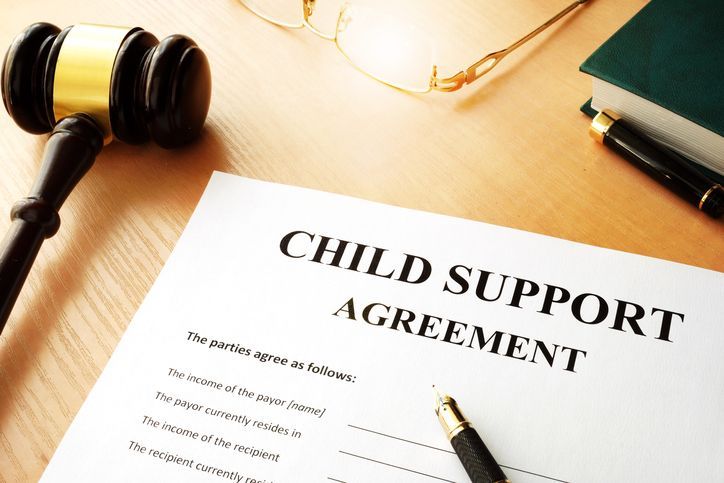No-Fault Divorces in Virginia: What You Need To Know

What is a no-fault divorce? In Virginia, like many other states, couples have the option of pursuing a "no-fault" divorce. This type of divorce can make the process smoother and less contentious, focusing on the dissolution of the marriage itself rather than placing blame on one party or the other. Take a look at what you may need to know about this type of divorce and how it is applicable in Virginia.
No-Fault Divorce Defined
A no-fault divorce, as the name implies, is a divorce in which neither spouse is required to prove that the other was at fault. In other words, you don't have to demonstrate that your spouse did something wrong to cause your marriage to fail.
In essence, this is a way to end a marriage without assigning fault to either party. This approach contrasts with a fault-based divorce, where one spouse must prove grounds for divorce, such as adultery, cruelty, abandonment, or felony conviction, on the part of the other spouse.
In the case of a no-fault divorce, the couple can cite something such as "irreconcilable differences" as the reason for the divorce. The key idea is that the marriage has broken down beyond repair, and there is no realistic hope of reconciliation
No-Fault Divorce in Virginia
Virginia recognizes no-fault and fault divorces. To apply for a no-fault divorce in Virginia, you must meet the following requirements—you or your spouse are residents of the state of Virginia, you've completed a separation period, and you have property/custody agreements if applicable.
No-fault divorces in the state require the spouses to have lived "separate and apart" without any cohabitation and without interruption for a specific period. This separation period varies depending on whether the couple has children. If there are no children involved, the separation period is one year. If there are children involved, and the spouses have a signed separation agreement, they can file for a no-fault divorce after only six months of separation.
Along with the separation period, you may need to finalize certain legal agreements with your soon-to-be ex. Before filing for a no-fault divorce, the couple should have a signed agreement regarding the division of property, assets, debts, and, if applicable, child custody and support arrangements.
Benefits of No-Fault Divorce In Virginia
No-fault divorces often involve less hostility—since neither party needs to prove wrongdoing. This can make the divorce process more amicable and may reduce stress. Not only does the "no one is at fault" aspect of a no-fault divorce affect the volatility level of the process, it can make the divorce as a whole smoother. With no-fault divorce, there's no need for lengthy courtroom battles to prove fault. This typically leads to a faster resolution and less expense.
If privacy is a factor you want to consider, a no-fault divorce is the best option to explore (compared to a fault divorce). You won't have to disclose intimate details about your marriage or information that you would rather not share, such as adultery or other similar relationship issues, publicly in court with a no-fault divorce.
Couples who have children can also benefit from a no-fault divorce. Again, you won't have to drag messy relationship problems into a courtroom or engage in a lengthy legal battle. This won't just reduce your stress level. It can also make the process easier for your children.
A no-fault divorce can also facilitate a more cooperative approach to co-parenting. Instead of placing blame on one another, this type of divorce has a more peaceful approach that could lead to a better long-lasting co-parenting relationship.
Do you need legal assistance with a divorce or child custody in the state of Virginia? Contact the office of Gayheart & Willis P.C. for more information.






















